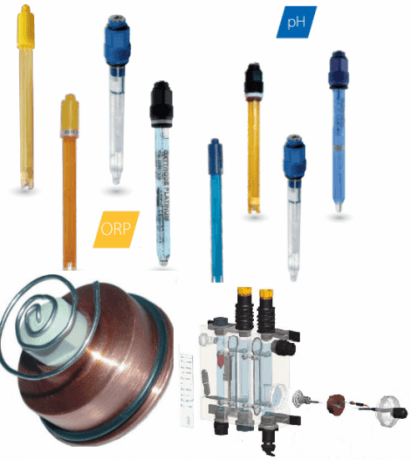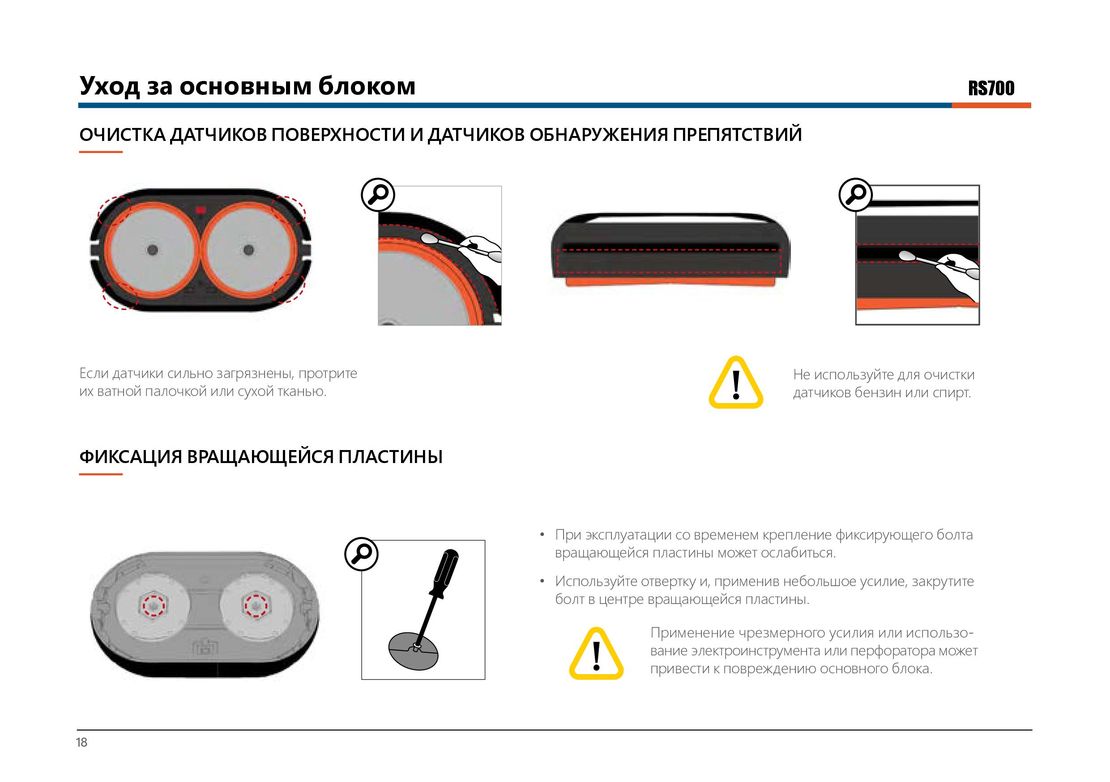
What happens to the sensors if they are dirty?
Today, more than 30 individual sensors are installed on the roads on average in modern vehicles. They range in size from a quarter to the size of a folded dollar bill. Automotive sensors are commonly used to collect data from various systems and transmit it to the ECU. However, if the sensor is dirty, its effectiveness can be significantly reduced.
If something is wrong with your car and you have a mechanic to check the problem, they can look at the sensor that is causing the problem. Checking to see if the sensor is dirty is one of the least expensive repair options, but the most common. By recognizing the symptoms of contaminated sensors, you can be better prepared to deal with these problems.
Oxygen sensor
Modern cars have at least one oxygen sensor, and depending on the model, there can be up to four or five. These sensors are prone to contamination because they are located around the exhaust pipe. Their job is to control the amount of unburnt fuel in the exhaust system. When they are dirty, they can give incorrect information or no information at all, which prevents the system from making changes to the air-fuel mixture to reduce the amount of unburned fuel. This will reduce the performance of the car and the engine will have to work harder.
Manifold absolute pressure sensor
The MAP (manifold absolute pressure) sensor changes the voltage and frequency of the intake vacuum depending on the air pressure in the manifold. When the sensor is dirty, it does not make the desired changes, which slows or accelerates the ignition timing. As a result, the car wobbles when you try to accelerate or climb a hill and has poor overall performance even if it continues to run.
Air mass sensor
The MAF, or mass air flow sensor, measures the volume and density of airflow to tell the engine how much fuel to add. When dust or dirt gets on the sensor, incorrect information can be sent to the diagnostic computer. The wrong amount of fuel is added, which can cause stalling, splashing and hesitation, as well as loss of power or reduced fuel efficiency.
Wheel speed sensor
An ABS sensor or wheel speed sensor helps you maintain control of your vehicle when you need to brake or when you're driving on slippery pavement. If this sensor gets dirty, it can cause the ABS light to come on, indicating a problem that isn't really there.
Typically, sensors that work with an engine will affect its performance when they get dirty. The engine may sound rough, run poorly, or have less efficiency or power. For example, an oil pressure sensor tells you when the amount of oil is getting low. If it is dirty, it may not respond and you may run out of oil and damage the engine. Keeping the sensors clean is important to ensure optimum performance and long life for your vehicle. If you have a problem with the car that you think is related to a dirty sensor, contact a professional AvtoTachki mobile specialist.
